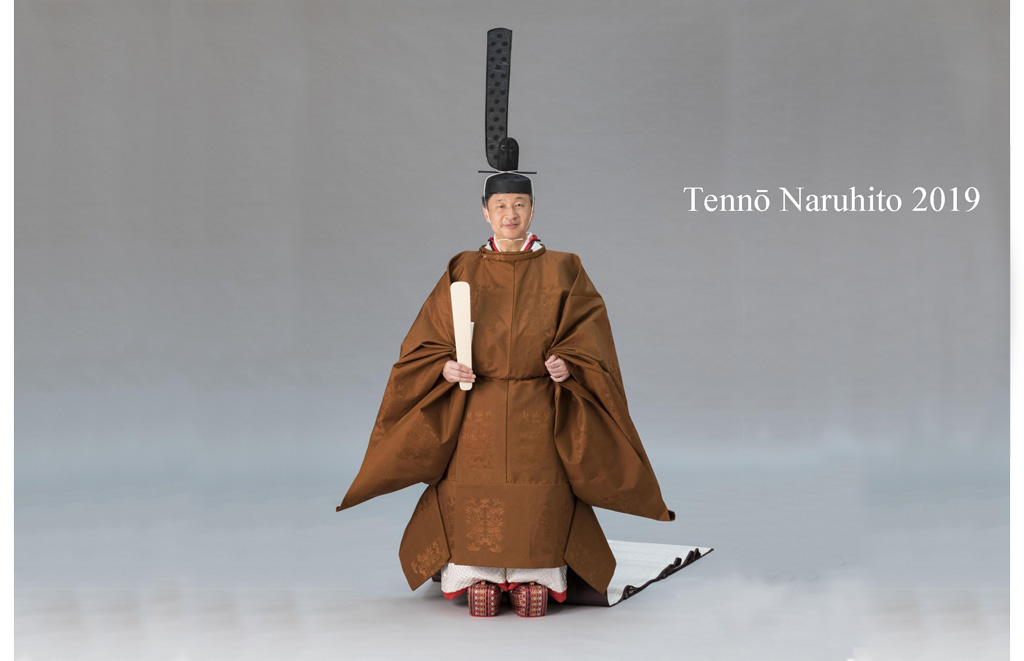
Tennō
The Japanese Tennō (天皇 = Heavenly Ruler) is called Emperor outside of Japan. There are voices that consider this designation inappropriate and would rather call the Tennō a king. Whether the tennō is a king or an emperor is perhaps not really important. The question is what function and meaning is ascribed to a king or an emperor.
It is also possible that the term Emperor is less appreciated since Napoleon Bonaparte crowned himself Empereur in 1804 or since the inglorious end of Emperor Maximilian I in Mexico. In European history since Gaius Julius Caesar, an emperor (imperator) always ranked higher than the kings.
But how did it happen that the ruler of Japan was called an emperor?